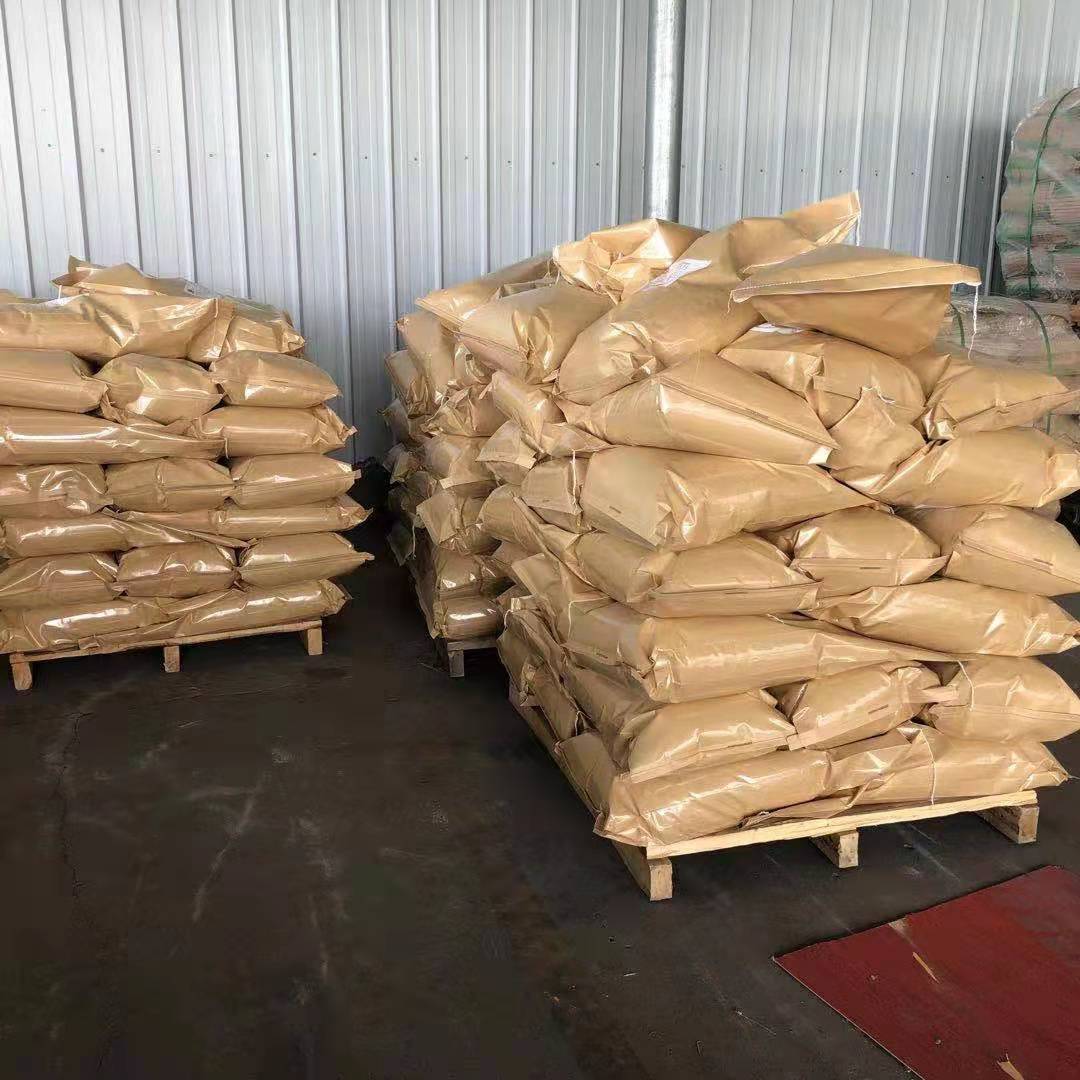
Dec . 10, 2024 01:01 Back to list
Organic Fertilizers for Optimal Tomato Growth and High-Quality Yields
The Importance of High-Quality Organic Fertilizer for Tomato Cultivation
Tomatoes are one of the most popular and versatile vegetables grown worldwide, prized not only for their delicious flavor but also for their nutritional value. However, to cultivate healthy and productive tomato plants, it is essential to provide them with the right nutrients. This is where high-quality organic fertilizer comes into play, significantly enhancing the growth and yield of tomatoes.
Understanding Organic Fertilizer
Organic fertilizer is derived from natural sources, such as compost, manure, bone meal, or fish emulsion. Unlike synthetic fertilizers, which are chemically formulated and can lead to nutrient imbalances and soil degradation over time, organic fertilizers improve soil health and promote sustainable agricultural practices. They enrich the soil with beneficial microorganisms, enhance its structure, and improve water retention capabilities, which are vital for healthy plant growth and resilience against stressful conditions.
Nutritional Requirements of Tomatoes
Tomatoes require a balanced supply of macronutrients—nitrogen (N), phosphorus (P), and potassium (K)—as well as essential micronutrients to thrive. Nitrogen is crucial for leaf and stem growth, phosphorus promotes root development and flower formation, and potassium enhances fruit quality and overall plant health. By using high-quality organic fertilizer, gardeners can ensure that tomato plants receive a steady release of these nutrients, leading to robust plant growth and increased fruit yield.
Benefits of High-Quality Organic Fertilizer
1. Enhanced Soil Fertility High-quality organic fertilizers improve soil fertility by increasing the organic matter content. This enhances microbial activity, which helps break down organic materials into easily absorbable nutrients for tomato plants. The enriched soil supports healthier root systems, leading to better nutrient uptake.
2. Sustained Nutrient Release Unlike synthetic fertilizers that often result in rapid nutrient availability followed by leaching, organic fertilizers provide a slow and sustained release of nutrients over time. This gradual process reduces the risk of nutrient runoff into water systems and ensures a consistent supply of nutrients to the plants throughout their growth cycle.
3. Improved Fruit Flavor and Quality Tomatoes grown with organic fertilizers often exhibit better flavor, color, and texture. The balanced nutrition provided by organic sources enhances the plant's ability to produce compounds like sugars and acids, which contribute to the characteristic taste of tomatoes.
high quality organic fertilizer tomatoes

4. Environmental Sustainability By incorporating high-quality organic fertilizers into tomato cultivation practices, gardeners can reduce their reliance on chemical inputs, promoting a healthier ecosystem. Organic farming practices support biodiversity and reduce pollution risks, contributing to a sustainable agricultural future.
Application Techniques
When applying high-quality organic fertilizer, it is important to follow a few best practices to maximize its benefits
- Soil Testing Before adding any fertilizer, conduct a soil test to assess nutrient levels and pH. This information helps in selecting the right type of organic fertilizer and determining the appropriate amount to apply.
- Timing Apply organic fertilizer at the beginning of the growing season, as well as during key growth phases. Side-dressing with additional organic materials throughout the season can further boost nutrient levels.
- Spread Evenly Ensure even application across the soil to promote uniform growth. When planting, mix the organic fertilizer into the soil to enhance its availability to the young plants.
- Moisture Management Water the plants adequately after fertilizing to help dissolve the nutrients and facilitate their uptake by the plant roots.
Conclusion
In conclusion, the use of high-quality organic fertilizer is essential for the successful cultivation of tomatoes. Not only does it promote vigorous growth and impressive yields, but it also enhances the overall quality and flavor of the fruit. As more gardeners and farmers turn to sustainable practices, embracing organic fertilization is a step towards healthier crops and a healthier planet. By providing tomatoes with the nutrients they need through organic means, we set the stage for bountiful harvests and contribute to a more sustainable agricultural ecosystem.
-
Premium Organic Manure Compost for Eco Gardens
NewsAug.01,2025
-
Organic 10-10-10 Fertilizer | Balanced Plant Nutrients
NewsJul.31,2025
-
Premium Amino Acid Fertilizer | Rapid Plant Growth Booster
NewsJul.31,2025
-
10 10 10 Fertilizer Organic—Balanced NPK for All Plants
NewsJul.30,2025
-
Premium 10 10 10 Fertilizer Organic for Balanced Plant Growth
NewsJul.29,2025
-
Premium 10 10 10 Fertilizer Organic for Balanced Plant Growth
NewsJul.29,2025
